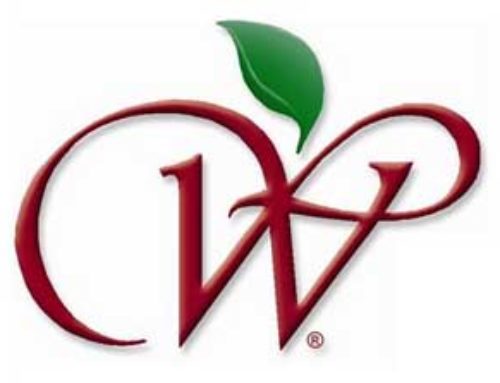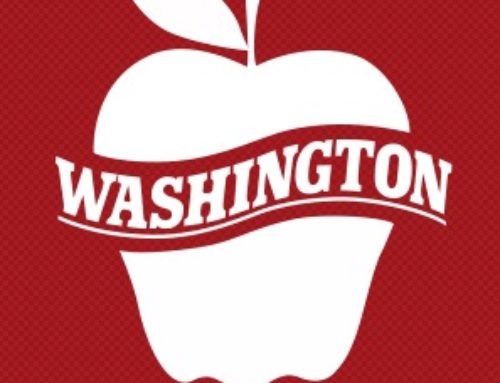
David Cudmore
There’s a new apple farm on South Mountain in Nova Scotia’s Annapolis Valley. It’s a corporate farm called Crisp Growers Inc., and it poses the question, could this be a model for things to come?
Crisp Growers is a corporation owned by 14 apple growing families, all of whom are Scotian Gold Cooperative growers, plus Scotian Gold itself as a minority stockholder.
For many years, the grower cooperative Scotian Gold has been the glue holding the Nova Scotia apple growing industry together. It takes a leading role in organizing the growers, providing storage, packing, and sales services, selling them input supplies, plus offering them advice on what to plant and how to grow it.
When a 240-acre corporate-owned apple farm dissolved in bankruptcy in 2013, it was really too big for any one Nova Scotian apple grower to buy and operate, and would create “issues in the pooling system” if one did.
The idea came up that Scotian Gold itself would buy it.
David Cudmore, the chief operating officer of Scotian Gold, said, “Some growers were not in favor of Scotian Gold buying and owning orchards.”
So the deal that emerged was that any members of Scotian Gold who wanted to could join in a new venture, a separate operating entity, in which Scotian Gold would be an owner (it has 13 percent).
Crisp Growers would in turn be a member of Scotian Gold, sending its apples to the co-op.
The 14 families contributed 26 stock owners. A seven-member board of directors will be in control, and an executive committee will hire a farm manager.
It seemed important to everyone that the farm not be lost to apple production, but Cudmore conceded that the farm “was 240 acres of freestanding trees of all the wrong varieties.”
So last year, 140 acres of McIntosh, Cortland, Idared, and Golden Delicious were removed. The remaining 100 consisted of younger plantings of Honeycrisp, McIntosh, Ambrosia, and Cortland on a 12-by-20-foot spacing, and these were kept.
Twenty acres were replanted last year to newer high-value varieties—Honeycrisp, Gala, Ambrosia, and Sonya—on Malling 9 and Budagovsky 9 on a 2.5-by-12-foot spacing or on M.7 on a 5-by-14-foot spacing. All new plantings will be in 12-foot rows, and the plan is to plant 25 acres of high-density orchard annually.
While no one is saying this is the first of many, some say it could be.
Cudmore said a key benefit to Scotian Gold is having a member that is motivated to plant what the market wants and not just what individuals want to grow, and thus it could be a force for innovation. Crisp Growers creates a vehicle to own and purchase land that growers and their cooperative want to see kept in apple production if it comes up for sale.
For growers, he said, it provides a succession option if no one in a family wants to take over the farm, and for farms with no succession option, it means they don’t have to coast out of business—they are motivated to maintain what they have and continue replanting.
Farming as a corporation, he said, makes it “ultimately easier to farm with our pencil and not our heart,” making economic rather than emotional decisions and focusing on profit in the long term.
For the co-op, the benefit at the start was gaining control of a large block of fruit that “caused an issue in the market.”
Last year, Crisp Growers purchased a house for the farm manager, and this year is looking to purchase 45 acres of orchard land from an adjacent owner. •






Leave A Comment